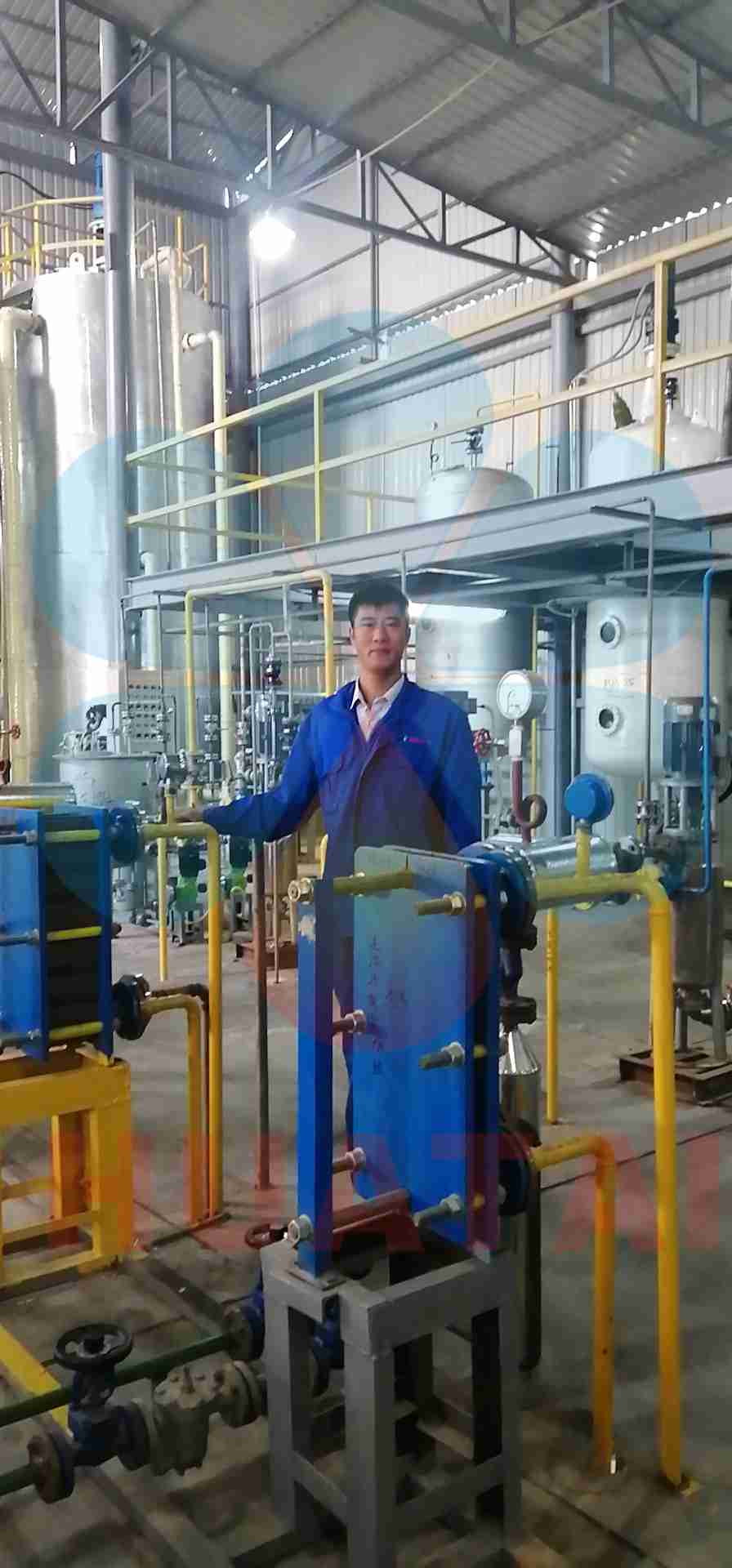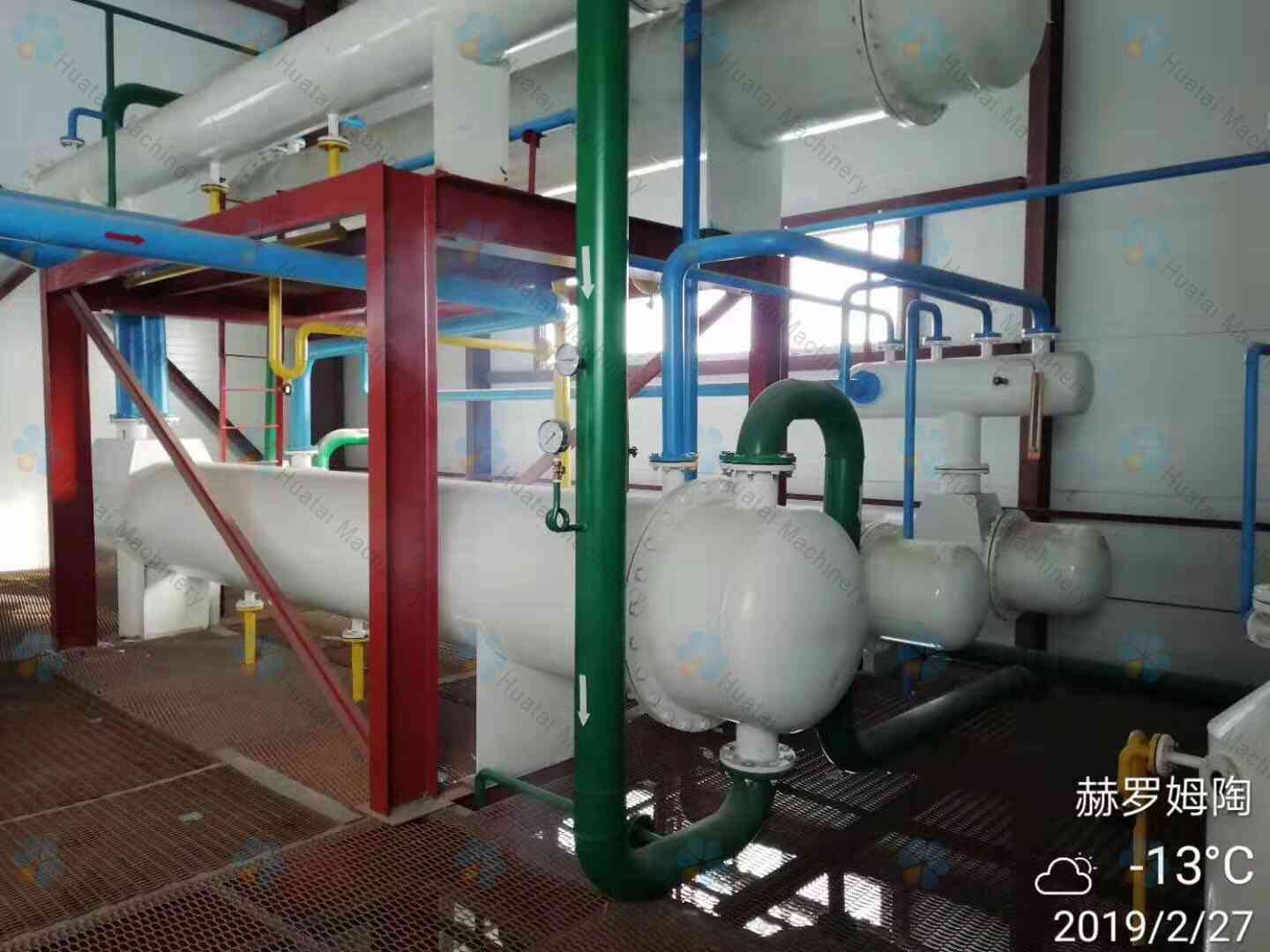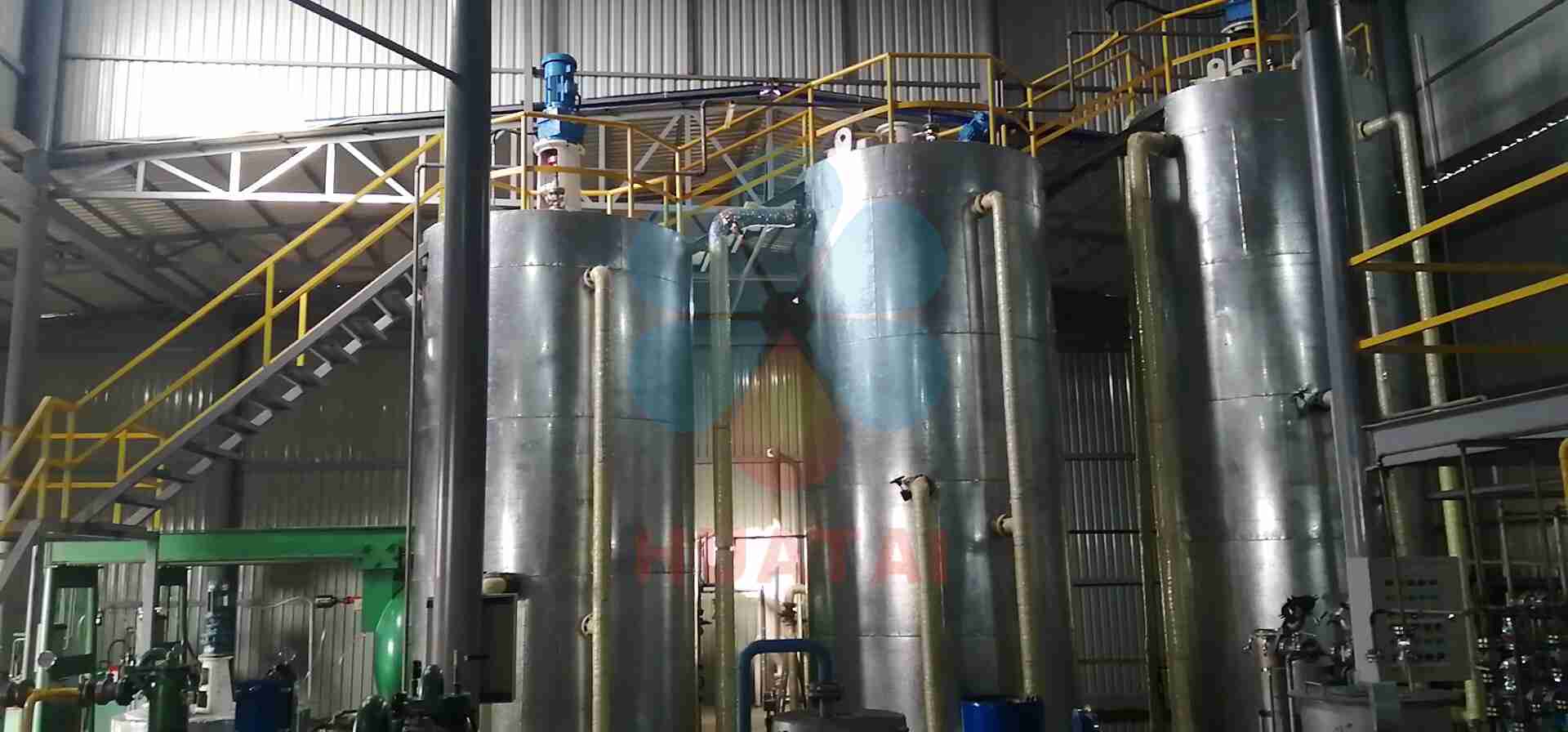The core competitive advantage of sunflower seed oil lies in its remarkable nutritional benefits. It contains over 80% unsaturated fatty acids, with linoleic acid (Omega-6) accounting for 60-70%, which has a proven effect in lowering cholesterol and supporting cardiovascular health. These characteristics align with consumers' preference for edible oils with low saturated fat and high nutritional value, driving its increasing adoption in home cooking. Particularly among middle-aged and elderly consumers and those sensitive to health concerns, sunflower seed oil is gradually replacing traditional animal fats and some high-saturated-fat vegetable oils, becoming a key choice for daily use.
Finished sunflower seed oil is mainly divided into pressed sunflower seed oil and extracted sunflower seed oil based on the processing method. Pressing and extraction are the two most commonly used processes in the edible oil industry. Regardless of the processing method, crude sunflower oil must undergo deep processing—refining—to meet edible oil standards.

Pressing is a traditional edible oil processing method that has evolved from manual labor to mechanized processing with advancing technology, leading to increasingly automated oil pressing production lines. This process uses an oil press to apply physical force to squeeze oil from the seeds without adding any other substances, preserving the oil’s nutrients and flavor. As a result, pressed edible oils are more easily accepted and favored by consumers.
The extraction process uses organic solvents to dissolve the oil from oilseeds, forming mixed oil. By utilizing the different boiling points of solvents and oil, the oil is separated and recovered through evaporation, stripping, and condensation, resulting in extracted crude oil. Extraction technology maximizes oil recovery from oilseeds, increasing oil yield while leaving a low residual oil content in meal, which can be used for protein extraction or animal feed production. However, extracted crude oil contains traces of solvent residues, necessitating refining to remove impurities and harmful substances before it can be sold as edible oil.

Pressed sunflower seed oil retains its nutrients and flavor well due to physical pressing and the absence of chemical additives, making it relatively higher in nutritional value and rich in essential trace elements beneficial to human health. Extracted sunflower seed oil, although refined to remove impurities, experiences some nutrient loss during the refining process. Comparatively, pressed sunflower seed oil is of slightly higher quality than extracted sunflower seed oil, which is also reflected in its price.
Since sunflower seeds have a high oil content, large-scale sunflower oil processing projects often cannot achieve ideal efficiency through pressing or extraction alone. Some oil factories combine both processes—first performing pre-pressing on the sunflower seeds, then processing the pre-pressed cake through extraction. This method allows for high-quality sunflower crude oil while also increasing oil yield and obtaining high-quality meal.

Pressing and extraction are two commonly used edible oil processing techniques. Oil factories select the most suitable process and equipment based on the characteristics of the raw materials and production needs. Huatai Oil Machinery customizes solutions for oil factories based on actual production conditions and requirements, providing design drawings, equipment customization, process flow design, installation, commissioning, and employee training to ensure factories can operate independently and maintain stable production.
Huatai Oil Machinery provides good quality oil mill plant, time & fast delivery, perfect after-sale services, and reasonable price, contact us!
Website: https://www.huataioilmachine.com/Copyright @ Henan Huatai Cereals And Oils Machinery Co.,Ltd.